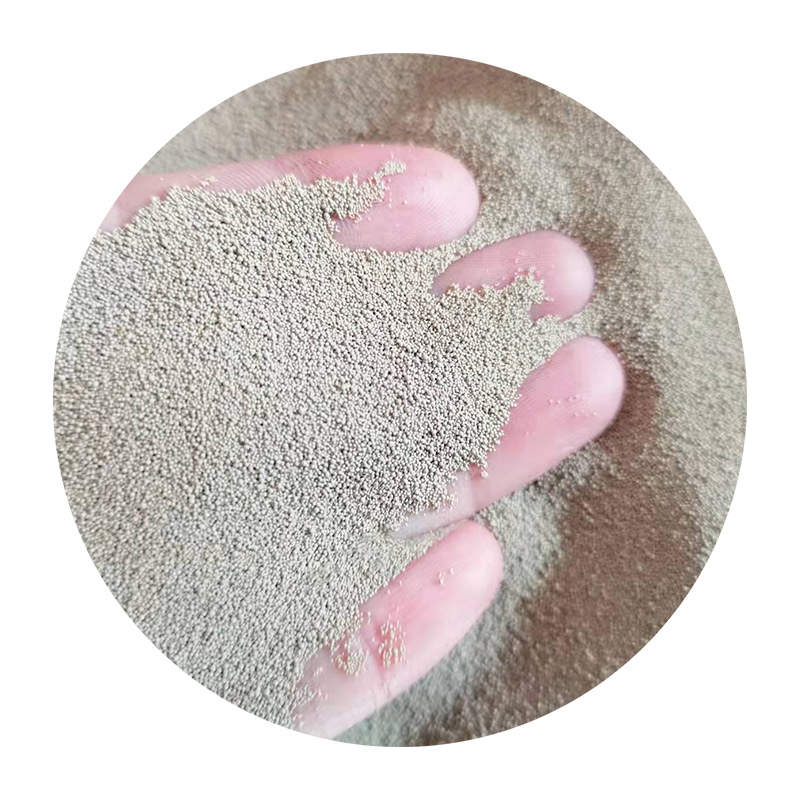Understanding Sand Used for Sand Casting
Sand casting is one of the oldest and most widely used metal casting processes. It involves the creation of a mold from sand, into which molten metal is poured to form various components. The quality of the final product is influenced significantly by the type of sand used in this process. In this article, we will explore the characteristics, types, and importance of sand in sand casting.
Characteristics of Casting Sand
The primary requirement for sand in casting is that it must be able to withstand high temperatures without altering its shape. Additionally, the sand must have the following characteristics
1. Grain Size The size of the sand grains affects the surface finish of the castings. Fine sand can produce a smoother surface but may result in weaker molds, whereas coarse sand can create a rough surface but provides more strength to the molds.
2. Shape The shape of the grains influences how well they compact and bond together. Angular grains tend to compact better than round grains, contributing to a more stable mold.
3. Composition A good casting sand must have a high silica content, typically around 90-95%. Other components, like clay, can be added to enhance binding properties and thermal stability.
4. Refractoriness The ability of the sand to withstand high temperatures is crucial. Sands that melt or fuse at low temperatures can contaminate the casting and alter its properties.
5. Permeability This refers to the ability of gases to escape through the sand mold. Proper permeability ensures that gases produced during the pouring of molten metal can escape, preventing defects such as blowholes.
Types of Sand Used in Casting
sand used for sand casting

While there are various types of sand used in casting, the most common ones include
1. Silica Sand This is the most widely used sand in sand casting. Its high melting point and thermal stability make it an ideal choice. Silica sand, often treated with bonding agents, creates a durable mold.
2. Green Sand This is a mixture of silica sand, clay, and water. It is called green because it is used in a moist state. Green sand molds are reusable and allow for high precision in casting.
3. Dry Sand In contrast to green sand, dry sand has less moisture content and is typically used for molds that require more strength. It is more suitable for larger casting applications.
4. No-Bake Sand A type of sand that is mixed with a chemical binder that hardens at room temperature. No-bake sand allows for greater design flexibility and is ideal for complex shapes.
5. Core Sand This is used to create cores that form internal cavities in castings. Core sand can be silica-based but often includes additional bonding agents for strength.
Importance of Sand in Sand Casting
The choice of sand significantly influences the casting process and the quality of the final product. For instance, improper grain size or quality can lead to defects like sand inclusions and poor surface finish. Moreover, different applications and metals may require specific types of sand to achieve optimal results.
In a world where precision and quality are paramount, understanding the properties and types of sand used in sand casting is essential for manufacturers. Investing time in selecting the right sand not only enhances the efficiency of the casting process but also leads to superior end products.
In conclusion, sand is a fundamental material in the sand casting process, shaping not just the molds but also the quality of the castings produced. A thorough analysis of the required characteristics and types of sand can significantly impact the overall success of metal manufacturing. As industries continue to evolve, the focus on optimizing casting processes will only increase, making the science of sand selection and its properties more relevant than ever.
Post time:ኅዳር . 20, 2024 15:36
Next:advantages and disadvantages of sand casting process
